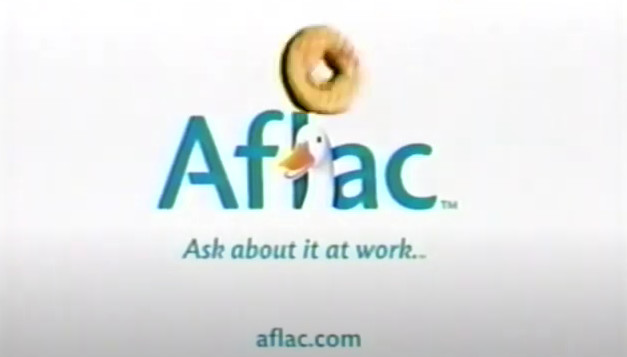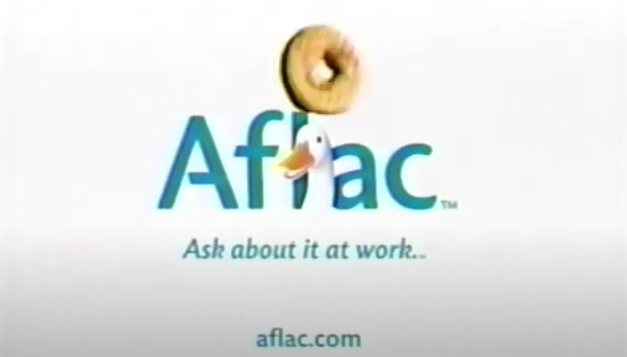
To grasp the essence of Dan Amos’ leadership style, reflect on his initial position at Aflac upon his graduation from the University of Georgia in 1973. Despite being the progeny of Paul Amos, one of the trio who established the insurance firm in 1955, he opted not to linger in the executive suite but to embark on a career in sales.
Dan Amos, now 72, expressed a preference for a role with measurable outcomes over one based on opinion. This drive led him to excel as the leading salesperson of the company and ascend to the CEO role in 1990. He has always been captivated by the concept of setting goals.
Amos’ dedication to tangible achievements has been instrumental in expanding Aflac’s market capitalization from $2 billion to an impressive $48.5 billion. The company’s shares have seen an 18% increase this year alone, with a closing price of $82.97 on November 27. Furthermore, the company’s revenue has surged from approximately $2 billion in 1990 to $19.44 billion in the previous year.
However, sustaining this expansion presents significant challenges. The insurance sector is susceptible to the tumultuous nature of interest rates and inflation, which can disrupt the delicate equilibrium between claim disbursements, premium rates, and investment returns. An aging demographic intensifies the demand for insurance products and claim payments, leading to heightened competition and regulatory scrutiny. This necessitates the introduction of innovative products and methodologies while preserving a consistent performance and brand recognition. In essence, a mascot can be a valuable asset.
The Duck to the Rescue Amos credits the lack of widespread recognition of his company and a general absence of levity in the industry as the catalysts for endorsing a marketing initiative in 2000. This campaign featured a white duck vocalizing the name “Aflac,” an acronym utilized by the American Family Life Assurance Company of Columbus since 1969. Amos acknowledged the risk involved, as self-deprecation was uncharted territory for the company. Nevertheless, with name recognition below 6% at the time, he was open to any tasteful strategy.
Crucially, the positive reactions from focus groups validated the duck’s role in embodying the three fundamental tenets of risk management in the insurance field: avoid excessive risk for minimal gain, never risk more than you can afford to lose, and always weigh the probabilities. Within a mere three years, Aflac’s brand awareness skyrocketed to 90%, and sales experienced a substantial increase. The market for supplemental insurance continues on an upward trajectory.
Amos has observed a significant rise in cancer incidence among the younger demographic, noting an alarming 79% surge in cases among individuals under 50 from 1990 to 2019.
The trend towards longer life expectancies has concurrently boosted the demand for specialized insurance products, such as cancer coverage, which has become Aflac’s most sought-after offering in Japan. In fact, Aflac policies are found in one out of every four Japanese homes. However, fluctuations in the value of the yen have posed financial challenges for the company in this key market.
In a discussion with Forbes, Amos shared insights into his approach to leadership, the transformative effects of emerging technologies, and the complexities of operating within a divided political landscape. He emphasizes the importance of personal connections, especially when public confidence is shaken. According to Amos, there is a strong preference among consumers for human interaction when addressing their health-related concerns, as opposed to entrusting sensitive information to digital systems.
Dan Amos, now 72, expressed a preference for a role with measurable outcomes over one based on opinion. This drive led him to excel as the leading salesperson of the company and ascend to the CEO role in 1990. He has always been captivated by the concept of setting goals.
Amos’ dedication to tangible achievements has been instrumental in expanding Aflac’s market capitalization from $2 billion to an impressive $48.5 billion. The company’s shares have seen an 18% increase this year alone, with a closing price of $82.97 on November 27. Furthermore, the company’s revenue has surged from approximately $2 billion in 1990 to $19.44 billion in the previous year.
However, sustaining this expansion presents significant challenges. The insurance sector is susceptible to the tumultuous nature of interest rates and inflation, which can disrupt the delicate equilibrium between claim disbursements, premium rates, and investment returns. An aging demographic intensifies the demand for insurance products and claim payments, leading to heightened competition and regulatory scrutiny. This necessitates the introduction of innovative products and methodologies while preserving a consistent performance and brand recognition. In essence, a mascot can be a valuable asset.
The Duck to the Rescue Amos credits the lack of widespread recognition of his company and a general absence of levity in the industry as the catalysts for endorsing a marketing initiative in 2000. This campaign featured a white duck vocalizing the name “Aflac,” an acronym utilized by the American Family Life Assurance Company of Columbus since 1969. Amos acknowledged the risk involved, as self-deprecation was uncharted territory for the company. Nevertheless, with name recognition below 6% at the time, he was open to any tasteful strategy.
Crucially, the positive reactions from focus groups validated the duck’s role in embodying the three fundamental tenets of risk management in the insurance field: avoid excessive risk for minimal gain, never risk more than you can afford to lose, and always weigh the probabilities. Within a mere three years, Aflac’s brand awareness skyrocketed to 90%, and sales experienced a substantial increase. The market for supplemental insurance continues on an upward trajectory.
Amos has observed a significant rise in cancer incidence among the younger demographic, noting an alarming 79% surge in cases among individuals under 50 from 1990 to 2019.
The trend towards longer life expectancies has concurrently boosted the demand for specialized insurance products, such as cancer coverage, which has become Aflac’s most sought-after offering in Japan. In fact, Aflac policies are found in one out of every four Japanese homes. However, fluctuations in the value of the yen have posed financial challenges for the company in this key market.
In a discussion with Forbes, Amos shared insights into his approach to leadership, the transformative effects of emerging technologies, and the complexities of operating within a divided political landscape. He emphasizes the importance of personal connections, especially when public confidence is shaken. According to Amos, there is a strong preference among consumers for human interaction when addressing their health-related concerns, as opposed to entrusting sensitive information to digital systems.


 Rising Under-50 Cancer Rates and Aflac’s Market Adaptation: Dan Amos’ Insights
Rising Under-50 Cancer Rates and Aflac’s Market Adaptation: Dan Amos’ Insights




 Companies
Companies